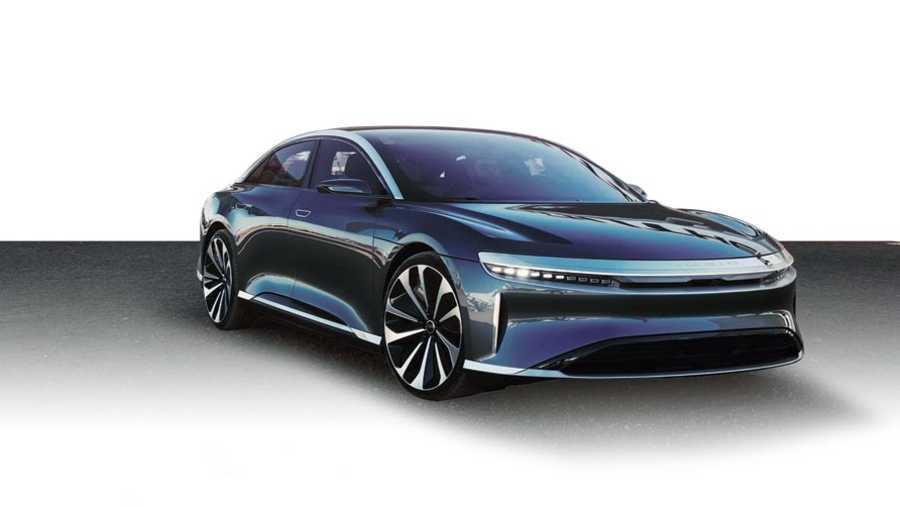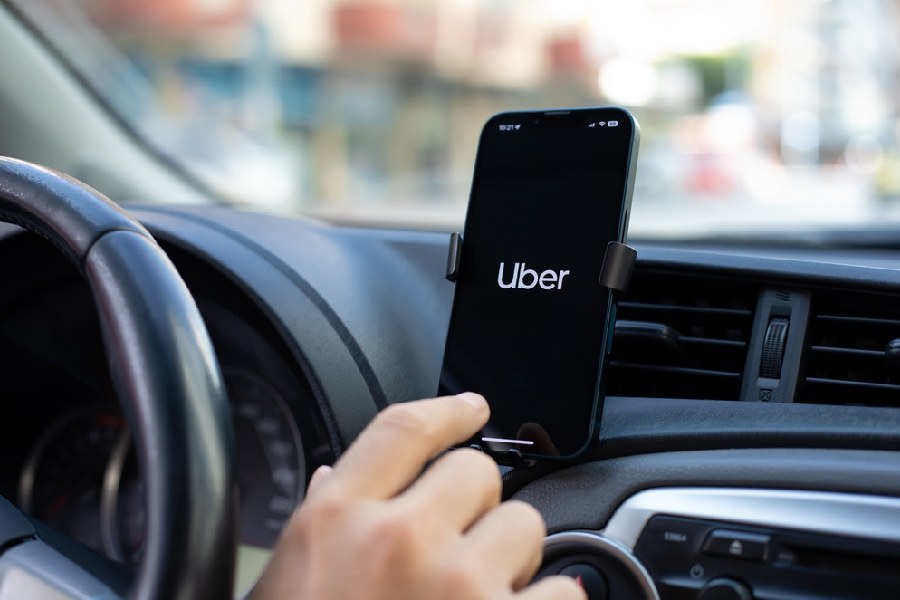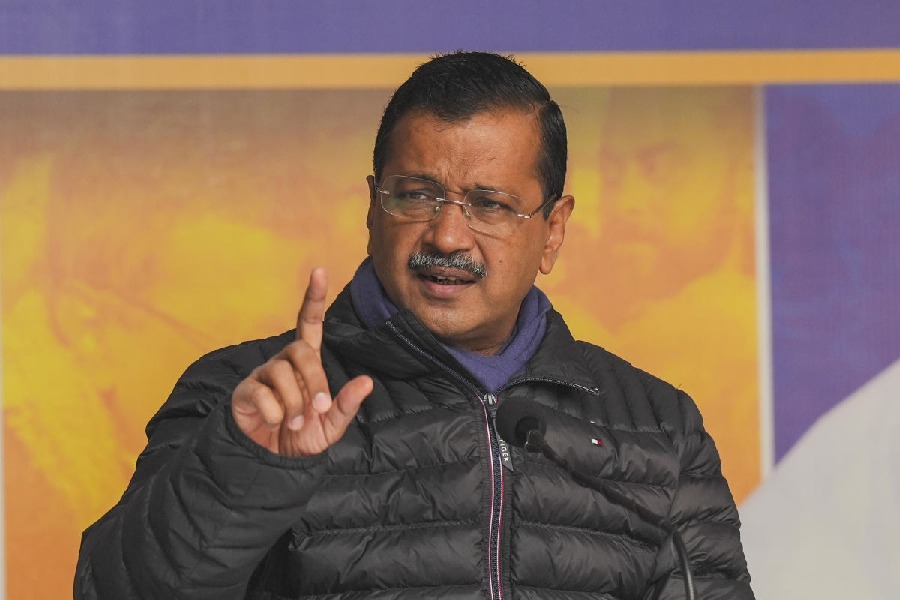Each time you hear electric vehicles, the name that comes to mind is Tesla but there are several start-ups that are taking competition to Elon Musk’s company. To be fair, Tesla has shown the world what EVs are capable of and it has made traditional car manufacturers think differently. Though there are plenty of companies working towards making the EV dream come true, many of them — like it has happened in the smartphone world — will fold up or give up on the EV dream, like Dyson has scrapped its project. On the other hand, companies like Apple are dipping its fingers in the EV pie. Here are a few companies that are winning accolades.
Rivian
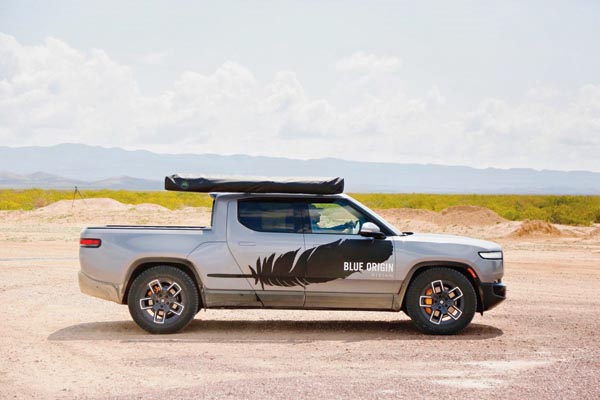
Last year, one TV show stood out — Long Way Up on Apple TV+ and it had Ewan McGregor and his friend Charley Boorman covering South and Central America on Harley-Davidson LiveWire electric motorbikes supported by Rivian trucks. And in July, Amazon founder Jeff Bezos rode a Rivian electric SUV to the Blue Origin launch pad for his trip into space. The all-electric Rivian R1S SUV is among the several models to be produced by the California-based company later this year. And Amazon is one of the largest investors in the automaker (the company is also backed by Ford). At the helm of Rivian is its founder R.J. Scaringe, who established Mainstream Motors — a business that went on to become Rivian — in 2009 after completing a doctorate in mechanical engineering at the Massachusetts Institute of Technology.
The company was originally planned to start delivering its electric pickup, the R1T, and its SUV, the R1S, in 2020 but the pandemic has pushed back schedules and now the R1T is expected next month. The start-up is now valued at $27.6 billion.
Lucid Motors
A few weeks ago, electric vehicle start-up Lucid Motors became a publicly-traded company, following the completion of a merger where it fetched $4.5 billion in fresh capital. And, very importantly, the company’s CEO is Peter Rawlinson, who led the engineering team on Tesla’s Model S (and has also worked on advanced vehicles for Lotus and engineering consultancy Corus). The start-up has said that it plans to start delivering its powerful Air sedan later this year, and it has already built more than 100 near-final quality versions at its new factory in Arizona. According to The Verge, it has an electric SUV called Gravity in the works, too. Air will have a range of up to 517 miles per charge and zero to 60mph acceleration in just over two seconds.
Canoo
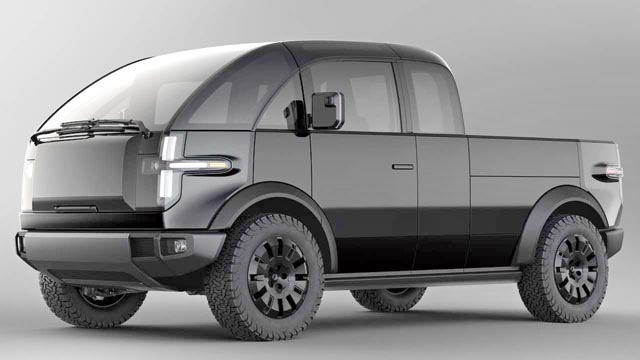
Founded in 2017-18 by Stefan Krause and Ulrich Kranz, Canoo had unveiled in March 2020 a podlike prototype that it described as an “urban loft on wheels”. According to reports, the company plans to make distinctive “lifestyle” vehicles for consumers available through a monthly subscription starting in 2022, and delivery vehicles starting the following year. What is more interesting is that Kranz left the company in April to join Apple soon after. Hiring an expert like Kranz means that Apple seems to be moving ahead with its EV plans.
Fisker Inc
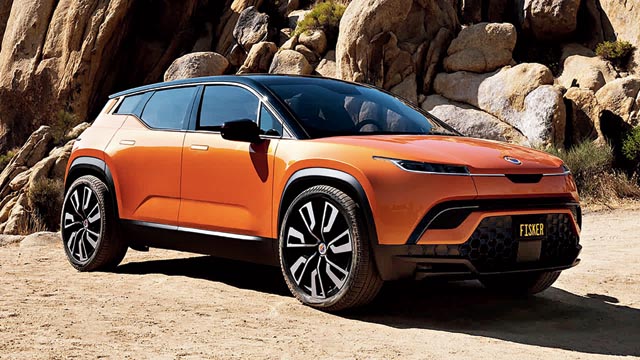
Among the most exciting EV start-up founders, Henrik Fisker is the story of courage and determination. Henrik, best known for designing sports cars for Aston Martin and BMW, raced with Tesla for winning over the electrified luxury car segment through Fisker Automotive, to the point that the likes of Leonardo DiCaprio and Justin Bieber drove his creations but then the company went bust in 2013, ultimately selling out to the Chinese company Wanxiang Group. But Henrik Fisker wasn’t done. He made a comeback with Fisker Inc. The company’s first electric vehicle, the Fisker Ocean SUV, is expected to go into production in 2022, according to TechCrunch, and deliveries will begin in Europe and the US in late 2022, with a plan to reach production capacity of more than 5,000 vehicles per month during 2023. As a boy, he wrote to Volvo Cars AB asking for a job, volunteering to sweep floors and clean toilets. Instead, the company recommended that he attend the Art Centre College of Design in Switzerland.
NIO
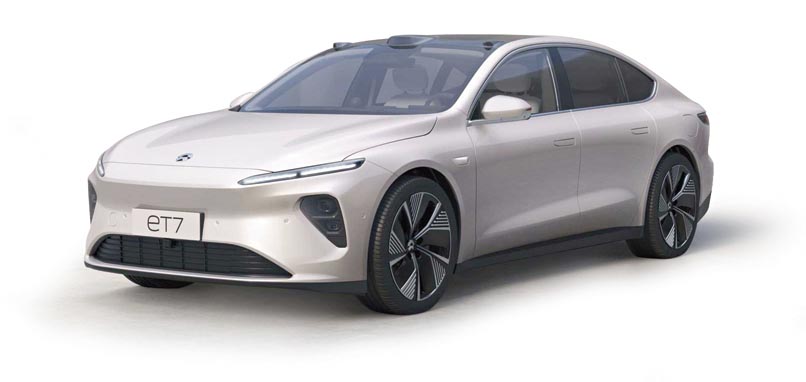
William Li, founder and CEO of electric car start-up NIO, has predicted that smart electric cars will account for 90 per cent of new car sales in 2030. Based in Shanghai, the EV maker is at times called China’s Tesla killer and the company’s value has skyrocketed (the firm came close to financial collapse in late 2019). At the forefront of China’s EV industry, according to a report in The Japan Times, NIO has delivered more than 20,000 vehicles, all of them SUVs, in the first quarter at an average price of $68,000, while Tesla shipped around 17,000 of its Model Y sports utility vehicle in China, which starts at around $53,000.

